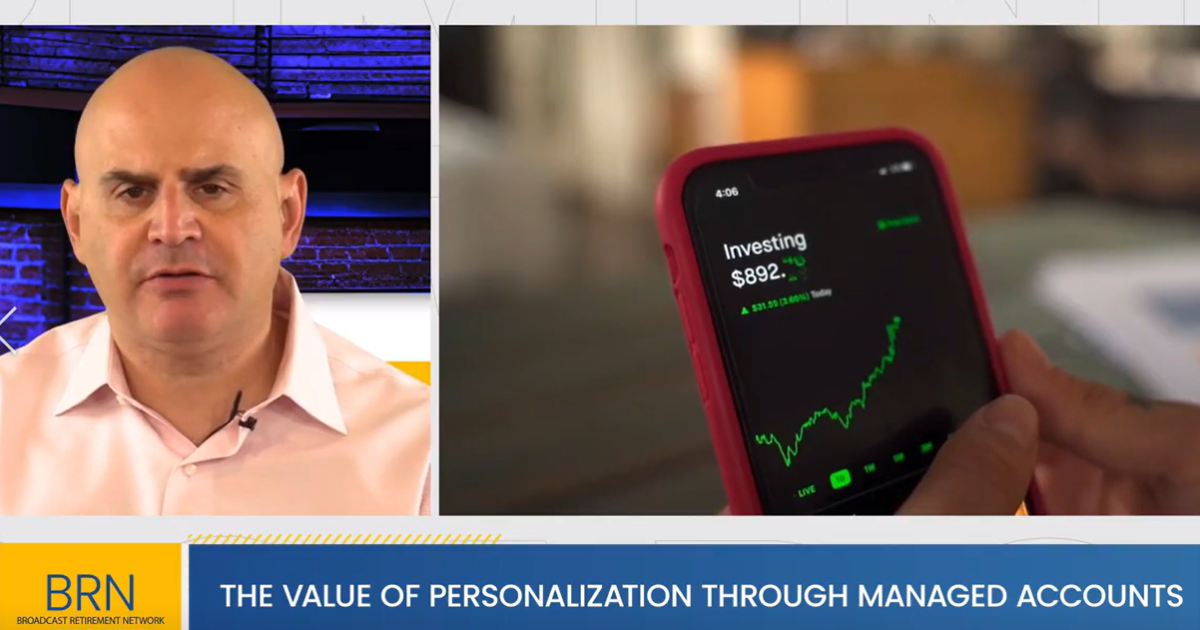Copyright Arkansas Online

Artificial intelligence is killing Wikipedia. The volunteer-run online encyclopedia just issued a stark warning: AI is exploiting the site's data, siphoning off its traffic, and threatening its future. Contrary to what you were taught in middle school, Wikipedia is remarkably accurate. It's used by doctors and professional fact-checkers. Even large language models (LLMs) and the AI products they power, such as Elon Musk's new Wikipedia competitor Grokipedia, rely on the site for training data. That means all of us, including AI companies, would be worse off in a world without Wikipedia. The good news is that we have an educational playbook to fight back. Wikipedia's warning includes a plea for Internet users to look for citations and click through to original sources. Our research group has shown that after a few hours of instruction, people can learn to do just that: trace information to its source and make more accurate judgments about online content. Too often, AI amputates information from its source, promising it can preserve the integrity of the dismembered limb even when blood ceases to flow. More worrying is that users appear content with these excised outputs. Even when AI answers include links, people often fail to click through to the original sources. Wikipedia isn't the only one in trouble. AI is also chomping away at news outlets' traffic: One study found that AI-generated overviews reduce clicks to outside sources by nearly 35 percent. Users now appear to be satiated by algorithm-generated responses, making AI look like a time machine that catapults us back to the worst days of the Internet. Early search engines such as AltaVista profited the longer you stayed on their portal, flashing annoying banners and pop-ups that prioritized ad revenue over search quality. Google rendered its competitors extinct by helping you find what you wanted, fast, even if it meant less time on its site. The company's mission to "organize the world's information" aligned with the interests of content producers, who benefited from the traffic Google directed their way. Today, publishers are racing to prepare for "Google Zero": the day when they will no longer get traffic from the tech behemoth. OpenAI just released ChatGPT Atlas: a Web browser designed to keep users away from websites, caging them within its interface. AI is trying to fuse the failed business model of early search engines with the revolution Google brought about: improved technology that keeps you immured inside a product ecosystem, supposedly without compromising the quality of the results. That's a big problem--and not just because of AI's tendency to hallucinate or blend credible outlets with Reddit threads, YouTube videos, and random blogs. A self-contained AI ecosystem reduces the motivation to create and publish high-quality, free content. AI appears to be returning us to a narrower Web, where information producers and those who organize that information have radically different incentives. Education is at its best--more magical than an LLM ever will be--when it moves us from being passive recipients of knowledge to active explorers who reason about what we see. The challenge we face is to move from being passive users of AI to engaged citizens who can verify AI responses that, as a common expression goes, are "frequently wrong but never in doubt." AI companies appear willing to trade the long-term integrity of information ecosystems such as Wikipedia for short-term gain. But education can disrupt this corrupt bargain, a perilous pact in which we elect the easy route, relinquish our thinking, and blithely fork over our trust to a machine. Nadav Ziv is a researcher at the Digital Inquiry Group. Sam Wineburg is co-founder of DIG and an emeritus professor of education at Stanford University.



